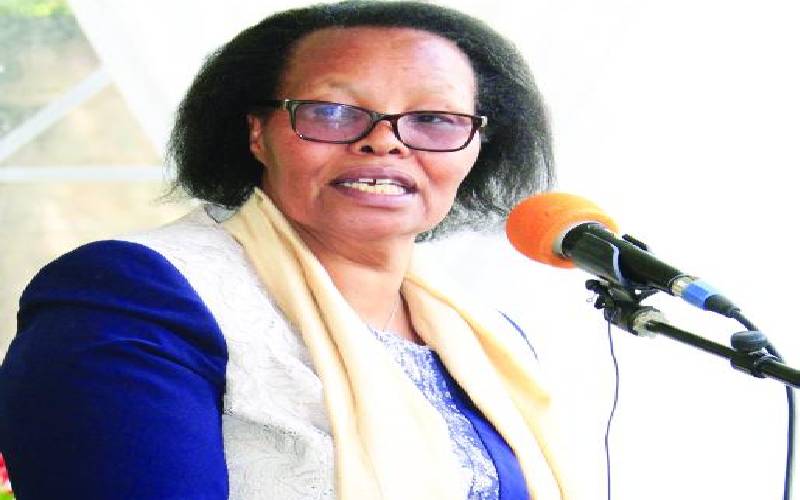×
The Standard e-Paper
Fearless, Trusted News

Kenya National Examinations Council (Knec) acting CEO Mercy Karogo. [File, Standard]
The first school-based assessment for Grade 4 learners starts next Monday, the Kenya National Examinations Council (Knec) has announced.